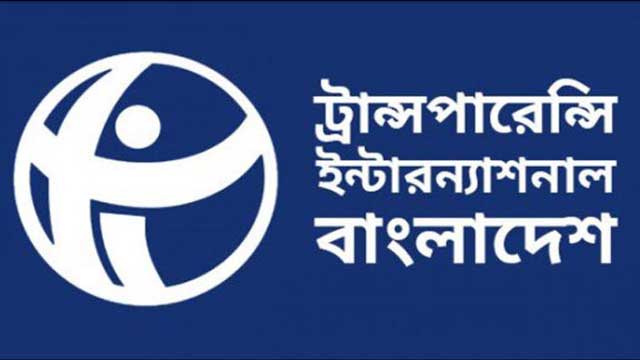Transparency International Bangladesh (TIB) has urged the government to withdraw the proposed budgetary provision of allowing launderers to legalise their undeclared money, saying such provision will discourage genuine taxpayers.
It is immoral, discriminatory and conflicts with the existing laws to allow legalising laundered money from abroad without questioning, announced in the national budget for FY2022-23, the graft watchdog body said in a statement on Friday.
But, according to the Money Laundering Prevention Act, 2012 and the relevant international law, money laundering is a serious crime and such provision will encourage money laundering and corruption in general, said TIB Executive Director Iftekharuzzaman.
It is expected this provision will increase the foreign exchange flow and income tax revenue through the integration of money and assets earned abroad into the mainstream of the country's economy, he said.
“But our past experience has shown that despite repeated opportunities to whiten black money in the country's economy, it has not yielded the expected results, nor has the government received the desired revenue.”
It is impossible to bring back this laundered money or assets without a legal assistance agreement of our country with the authorities concerned in the country where the money is laundered, said Iftekharuzzaman.
Besides, for those who are genuine taxpayers, the provision is blatantly discriminatory, as they pay at least three times the tax rate of 7 percent. This is discrimination and against the principles of the constitution, he added.
In the proposed budget, the finance minister acknowledged the existing economic crises such as inflation, holding the value of the Taka against the dollar, increasing import costs and declining foreign exchange reserves, but could not provide effective strategies or guidelines to address them, he said.
The TIB executive director said although there is an expectation to expand social security programmes to reduce inflationary pressures on marginalised and low-income people, the proposed budget does not show much.
“Rather, it has been shown to include government employees' pensions, interest on savings certificates, and loan waivers that were provided during Covid pandemic in order to maximize spending on the social security sector, which are not part of the Social Security programme."





